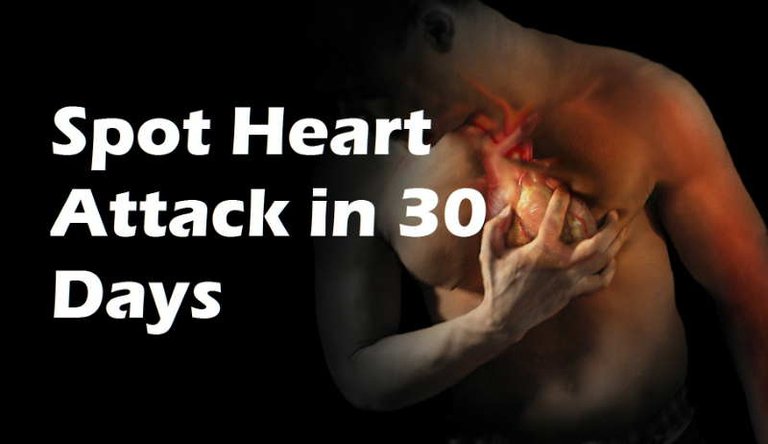A heart attack occurs when plaque buildup overwhelms the arteries, leading to blood supply loss and death of tissues because of the lack of blood flow. Heart attacks are painful and can be fatal. Whether you have a heart disease or someone you love does, there are ways on how to prevent or at least lessen the incidence of attacks. One way is through good observation of the early signs of heart attack.
You can actually know someone will have a heart attack one month before it takes place. Here are the warning signs to look for:
Fatigue: As the arteries contract, the heart will not receive enough blood supply, so it will work harder than normal. As a result, you become tired and drowsy almost all the time.
Dizzyness with Cold Sweats: Poor blood circulation can restrict the flow of blood to the brain. Note that this is life-threatening. When this sign appears, you shouldn’t ignore it.
Shortness of Breath: Since there is less blood that goes to the heart, the lungs will not receive as much oxygen as it should. The heart and lungs depend on each other and if one of them stops working normally, you will have trouble breathing. Consult your doctor as soon as this happens.
Chest Pressure: Before a heart attack happens, you will feel some discomfort in your chest. At first, it could be minor and easily ignored, but it will build up until the attack occurs.
Flu: Coughing, cold, and other flu symptoms can tell you that a heart attack is impending. However, there are some who develop such signs a day before the attack. It is best to be alert all the time if you don’t have a healthy heart.
Sometimes though the symptoms above are just general discomfort, which mean that they are not signals of an impending heart attack. You can distinguish whether or not it is a real symptom by looking at your risk profile. If you have a family member or you have a personal history of heart disease, high blood pressure, and high cholesterol, you could be facing an attack.

Women generally have a hard time knowing whether they have a heart disease or not. However, regardless of your gender, you should always be attentive of your diet, lifestyle, and your health condition. Talk to your doctor regularly; don’t wait for the symptoms to get worse.